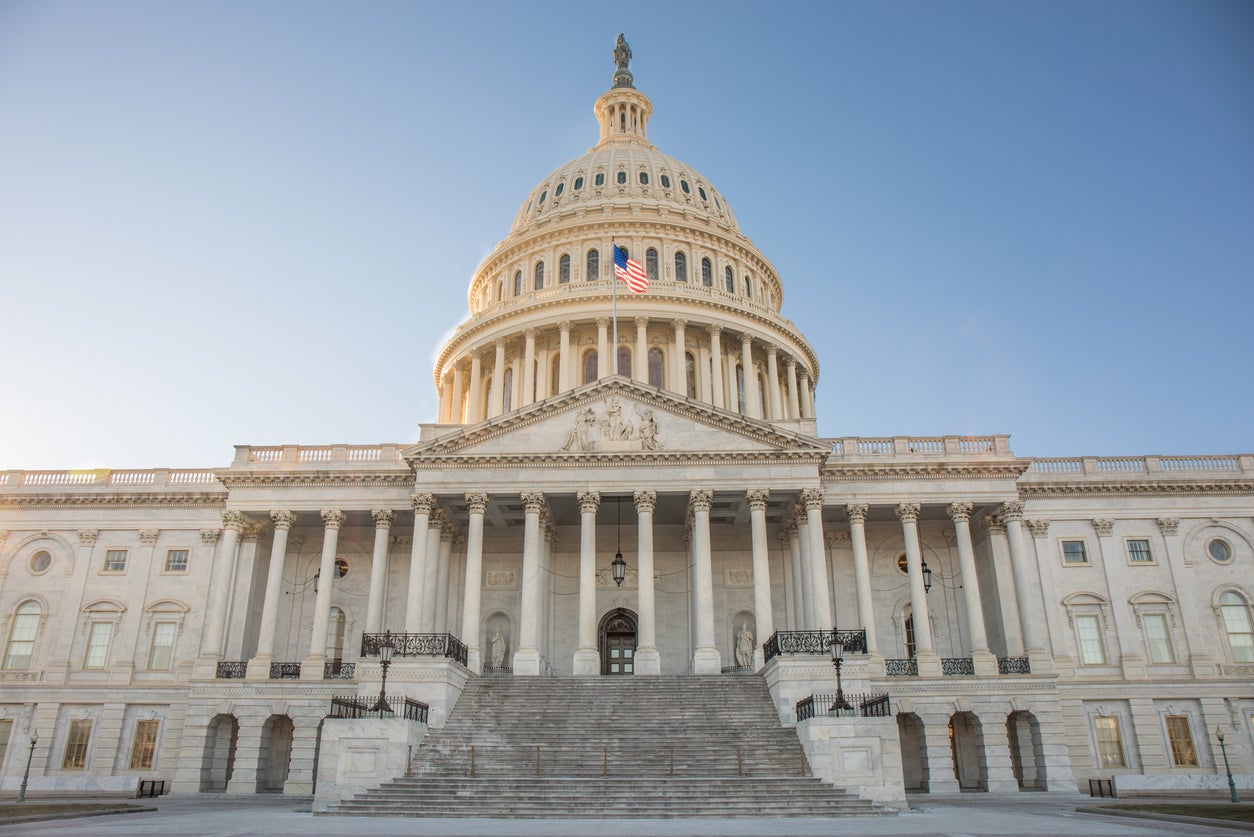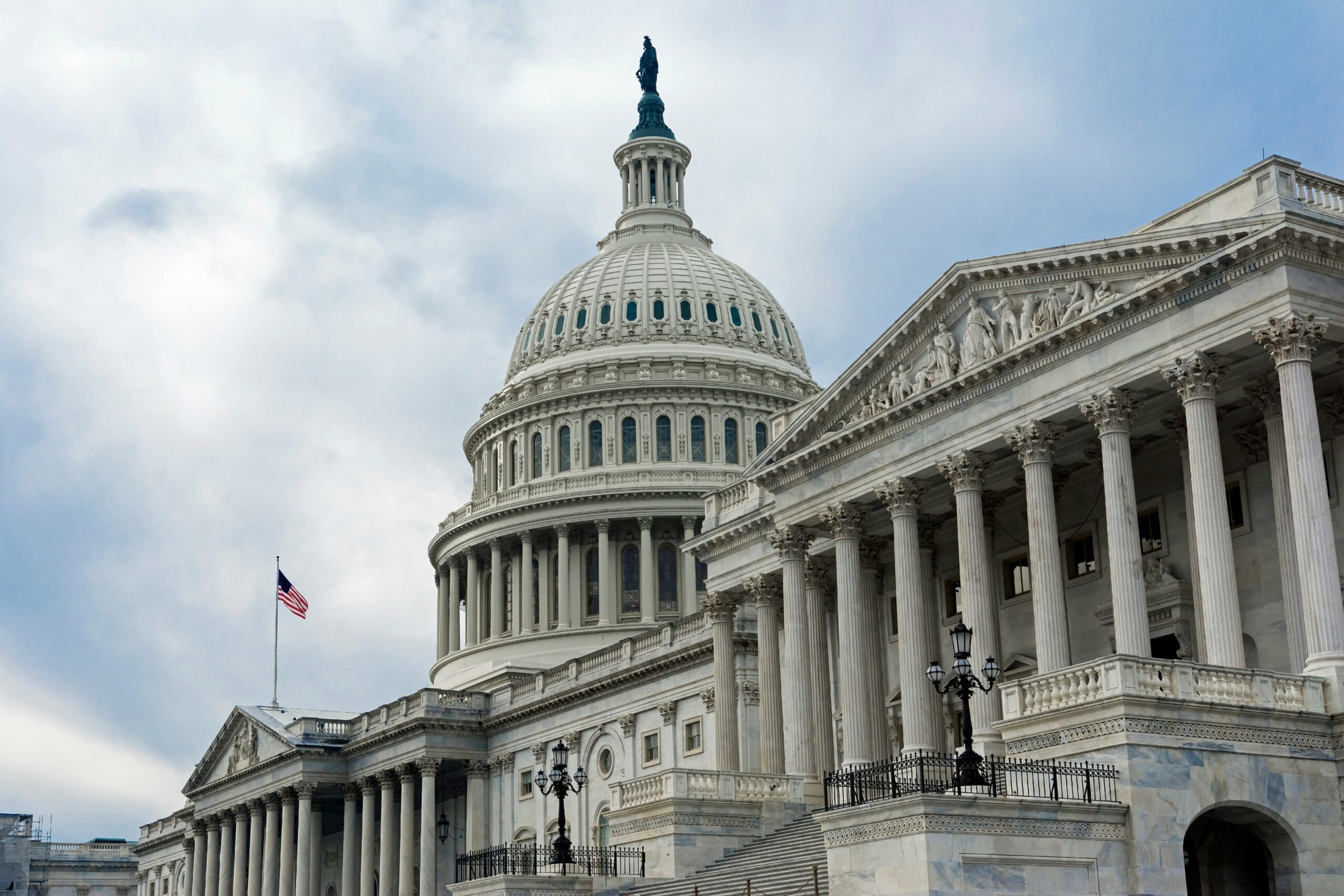Joint Trades Statement for the Record Senate Finance Subcommittee Hearing on Closing the Tax Gap

Dear Committee Members:
The undersigned trade associations represent banks, credit unions and related financial institutions of all sizes. We thank you for your interest in better understanding and addressing the causes of the “Tax Gap,” and we share your interest in ensuring taxpayers honor their obligations. Our associations agree the government must have adequate funding and resources to promote compliance with our Nation’s tax laws, and to that end, our members already provide significant data to the Internal Revenue Service (IRS) and other governmental units. However, recent proposals to create new reporting requirements for financial institutions would impose cost and complexity that are not justified by the potential, and highly uncertain, benefits. Furthermore, we believe additional reporting requirements guided by subjective criteria have privacy and fairness implications and the potential to put financial institutions in an untenable position with their account holders.
President Biden’s American Families Plan includes the following:
“The President’s proposal would change the game—by making sure the wealthiest Americans play by the same set of rules as all other Americans. It would require financial institutions to report information on account flows so that earnings from investments and business activity are subject to reporting more like wages already are.”
At this time, we understand and appreciate there are not detailed official proposals on how the additional reporting requirements and related administration would work. That said, as the Subcommittee begins to consider the feasibility and advisability of this proposal, we encourage you to carefully assess the costs and benefits of imposing a new level of bureaucracy and personal data collection on our already over-complicated tax reporting structure. This proposal will have real costs, not only for government, but also for financial institutions, small businesses, and individual taxpayers. Strengthening IRS funding to facilitate targeted auditing of questionable tax returns is a much more efficient and effective approach to closing the tax gap.
Financial Institution Reporting is Already Robust.
Considering all the existing tax and other compliance reporting responsibilities already borne by the financial services industry (Forms 1099, 1098, Suspicious Activity Reports, Currency Transaction Reports, etc.), we have serious reservations regarding the efficacy of yet another reporting requirement. We respectfully suggest that further cost benefit analysis is necessary before moving forward with this proposal. For example, it is not clear that the proposed information reporting requirement would materially improve the IRS’s ability to identify non-reporters or generate deterrence for non-reporting over and above the tools already at their disposal. We urge policymakers first to ensure that the existing framework of information collection and oversight is being fully utilized before adopting new requirements. A recent GAO report suggests some existing data is not used due to resource constraints.
In addition, previously enacted policy initiatives aimed at helping to close the tax gap are already at work and likely starting to have an impact. For example, tens of millions of dollars have been expended to comply with the Foreign Account Tax Compliance Act (FATCA), which requires reporting on foreign bank accounts designed to address one of the main sources of unreported and underreported income.
Creating a New Reporting Structure is Not as Simple as it Sounds.
The costs and other burdens imposed to collect and report account flow information would surpass the potential benefits from such a reporting scheme. New reporting would appear to require material development costs and process additions for financial institutions, as well as significant reconciliation and compliance burden on impacted taxpayers. For example, reporting total gross receipts and disbursements would require a new reporting paradigm for depository institutions, which necessitates system changes to collect the information. Those system changes will need to address the myriad challenges that arise when trying to apply a new statutory construct to the complex reality of different account ownership and use structures. A few preliminary hurdles include:
o Identifying accounts based on taxpayer identification numbers
o Defining the entities and account holders within scope of the statute
o Navigating privacy concerns related to joint accounts
o Specifying definitions for beneficial owners, DBA’s (Doing Business As), and “control” of an account
o Reconciling business and personal transactions that are comingled in single accounts
Furthermore, assuming taxpayers have a responsibility to “reconcile” whatever information is provided to them and the IRS by financial institutions, this new reporting structure could create a significant burden on individuals and businesses subject to the requirement – the majority of whom will have nothing inherently suspicious about their returns. The additional compliance responsibilities and complexity of implementation should be carefully considered before these proposals move forward.
Benefits of Enhanced Account Flow Reporting are Uncertain and Estimates May Be Exaggerated.
Given the substantial burden that this proposed reporting requirement would create on businesses, individual taxpayers and financial institutions, it is imperative that the benefits of implementation materially outweigh the costs and risk associated with this large scale collection of sensitive personal financial information. Some of the estimates that have been used to derive the expected benefits from this proposal, however, may be outdated and misleading. For example, one study cites foreign bank accounts as a key source of the underreporting of income, though its underlying data were from a time period that preceded enactment of FATCA requirements to report such accounts. 3 Another study acknowledges the savings it projects are “optimistic” compared to those of the Congressional Budget Office (“CBO”) and encourages the CBO and the Joint Committee on Taxation (“JCT”) to weigh in on its policy recommendations. 4 We agree that it will be critical, therefore, for the CBO and JCT to independently assess the assumptions and data underlying the forecasted benefits of this proposal.
Providing Enhanced Resources for IRS Audits is a More Effective, Efficient, and Fair Approach.
Assuming there were enhanced resources for audits, we expect it would be standard protocol for IRS auditors to ask taxpayers to do exactly the type of reconciliation under consideration. This analysis would be based on information the taxpayers already have in their possession (e.g., bank statements). Asking financial institutions to perform this role, piecing together a picture of individual taxpayers’ accounts, is inefficient and indirect, and account holders may rightly question whether this process is being applied fairly.
Additionally, policymakers should consider the issues of protection of account holder data and privacy related concerns. The IRS is already facing challenges and expending resources to handle the problems associated with identity theft and false tax returns filed to claim refunds. The collection of this additional data is only likely to aggravate the problem of identity theft.
As we stated earlier, we support efforts to increase compliance so that all taxpayers meet their responsibilities, but putting financial institutions in the position of reporting more information on their account holders – especially when the benefits are far from certain – is not the answer.
We welcome any opportunity to further discuss our policy concerns on this matter.
Sincerely,
American Bankers Association
Bank Policy Institute
Consumer Bankers Association
Credit Union National Association
Independent Community Bankers of America
National Association of Federally-Insured Credit Unions
National Bankers Association
Subchapter S Bank Association



